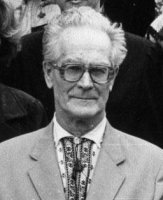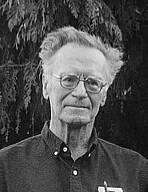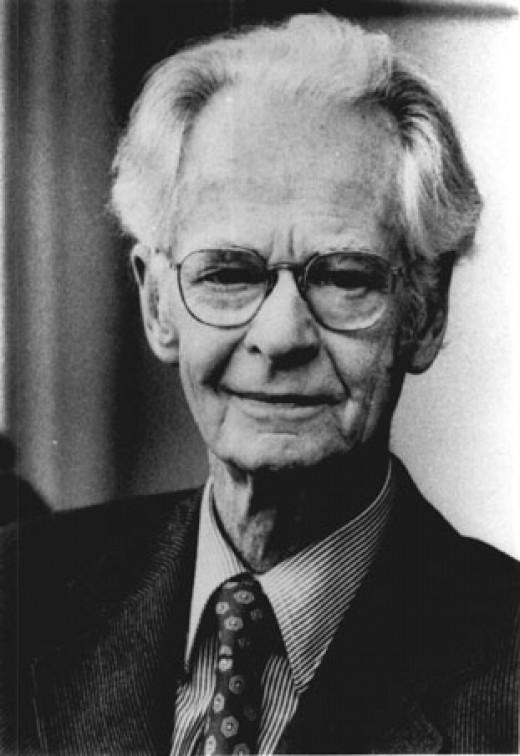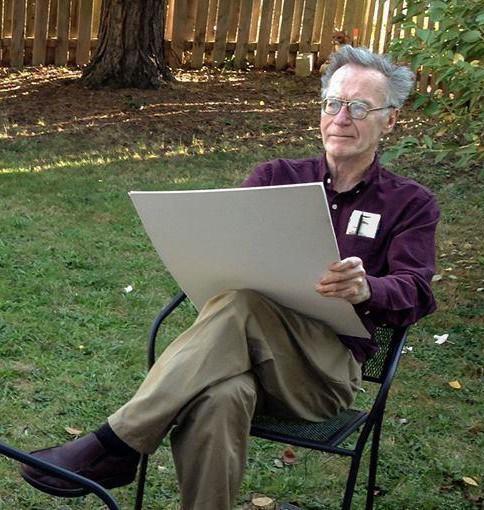Ahanu
Member
- Joined
- Sep 13, 2015
- Messages
- 432
So then Hyperventilation which increase a loss of co2 could be the reason for sleep apnea, as buteyko claimed."Small increases in CO2 produce large increases in breathing. Decreases in CO2 below normal can, in sleep and anesthesia, decrease breathing, even to apnea."




